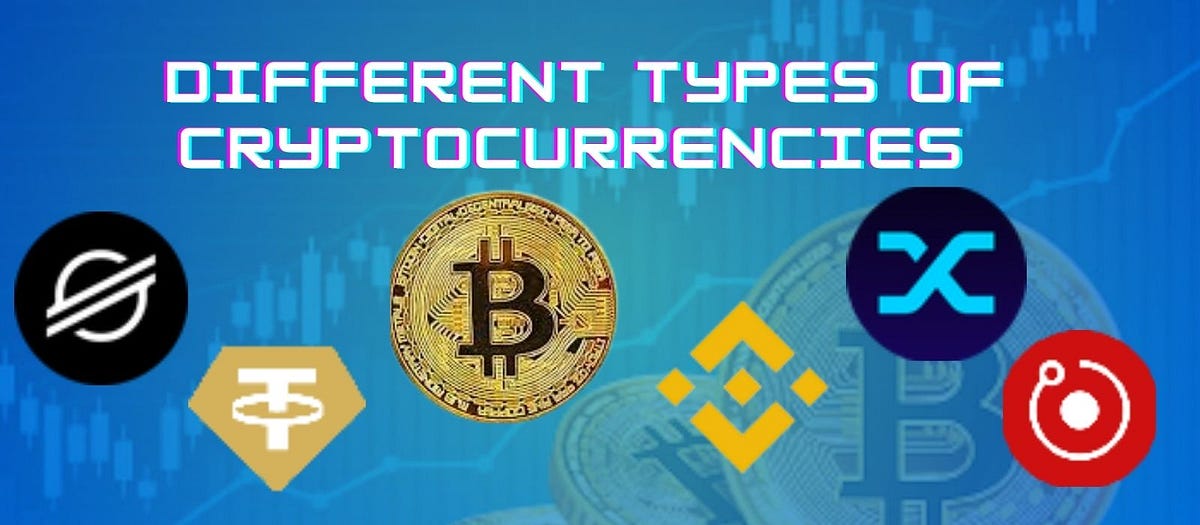All cryptocurrencies
Most cryptocurrencies implement mechanisms to limit supply and prevent inflation. For instance, Bitcoin (BTC) is designed to have a fixed maximum supply (21 million BTC), after which mining more becomes impossible https://vege-chandra.info/.
Government policies can either boost or hurt cryptocurrency prices. Positive regulations, like legalizing crypto, often increase demand. On the other hand, bans or heavy restrictions can lead to price drops as investors lose confidence.
Bitcoin halving reduces the number of new coins miners receive, limiting supply. With demand often staying the same or increasing, prices tend to rise over time. Historically, Bitcoin has seen significant growth 12-18 months after a halving.
Emerging markets, where inflation and currency devaluation are common, have embraced Bitcoin as a financial safeguard. This trend reinforces its position as a viable alternative to traditional assets during economic uncertainty.
Are all cryptocurrencies the same
Digital currencies do not have physical attributes and are available only in digital form. Transactions involving digital currencies are made using computers or electronic or digital wallets connected to the internet or designated networks. In contrast, physical currencies, such as banknotes and minted coins, are tangible, meaning they have definite physical attributes and characteristics. Transactions involving such currencies are made possible only when their holders have physical possession of these currencies.
Virtual currencies are unregulated digital currencies controlled by developers or a founding organization consisting of various stakeholders involved in the process. Virtual currencies can also be algorithmically controlled by a defined network protocol. An example of a virtual currency is a gaming network token whose economics is defined and controlled by developers.
We all want immediate transactions, but it’s not possible every time. For example, when it comes to Bitcoins, if you trade them, they will be available at the very same moment. The same goes for sending them to your friends. But, for those who are mining through their super-powerful computers, it’s not that easy. They may need to wait for a little until the transaction is completed, and that can be a little frustrating. In the blockchain, there are just 7 transactions per second, and compared to the other currencies, that’s far less than 20, 50, or even 2000 transactions per second. But, on the other hand, you should be aware that Bitcoin money transfer is covered with a few layers of protection and encryption, and that’s why it may be much slower than the other currencies.

Digital currencies do not have physical attributes and are available only in digital form. Transactions involving digital currencies are made using computers or electronic or digital wallets connected to the internet or designated networks. In contrast, physical currencies, such as banknotes and minted coins, are tangible, meaning they have definite physical attributes and characteristics. Transactions involving such currencies are made possible only when their holders have physical possession of these currencies.
Virtual currencies are unregulated digital currencies controlled by developers or a founding organization consisting of various stakeholders involved in the process. Virtual currencies can also be algorithmically controlled by a defined network protocol. An example of a virtual currency is a gaming network token whose economics is defined and controlled by developers.
Value of all cryptocurrencies
As with all currencies, the value depends on supply and demand. Bitcoin has value because there are high demand and low supply. Cryptocurrencies such as Bitcoin are available in limited amounts in the same way as precious metals such as Gold.
Almost. We have a process that we use to verify assets. Once verified, we create a coin description page like this. The world of crypto now contains many coins and tokens that we feel unable to verify. In those situations, our Dexscan product lists them automatically by taking on-chain data for newly created smart contracts. We do not cover every chain, but at the time of writing we track the top 70 crypto chains, which means that we list more than 97% of all tokens.
Yes! It is completely legal to use cryptocurrency such as Bitcoin. Individuals are allowed to use which currency they want as long as both parties agree on the same means of payment. However, there are countries that have indirectly or partially prohibited cryptocurrency. The reason for this varies, but generally, the government wants more control over the financial market. Here is a list of all countries’ laws about Bitcoin.
A cryptocurrency is a decentralized digital currency. It’s called cryptocurrency because all transactions are protected by cryptography. However, the revolutionary with cryptocurrencies is the blockchain technology. This makes them completely decentralized. In other words, there is no bank, company or intermediary. By removing all middlemen you avoid expensive fees, long waiting times and the need to trust a third party. With cryptocurrency, you send money faster, cheaper and easier.

